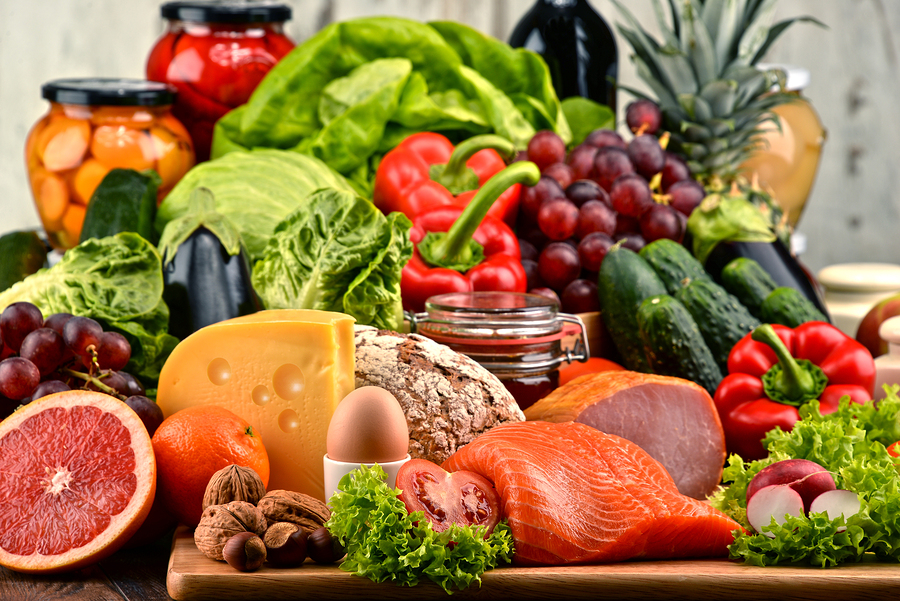Organic food has become a popular buzzword in recent years, with more and more people opting for organic produce at the grocery store or choosing to grow their own organic vegetables and fruits. But what does it really mean when we say that food is organic, and why is it important? In this article, we'll take a closer look at what makes food organic and explore the benefits of choosing organic options.
What is Organic Food?
Organic food refers to agricultural products that are grown and processed without the use of synthetic chemicals, pesticides, or fertilizers. The use of genetically modified organisms (GMOs) and irradiation is also prohibited in the production of organic food. Instead https://www.healthandpersonalcare-products.com/, organic farmers rely on natural methods such as crop rotation, composting, and biological pest control to maintain the health of their soil and crops.
The organic certification process involves strict guidelines and regulations to ensure that products meet certain standards. In the United States, the USDA (United States Department of Agriculture) is responsible for certifying organic products, and products with the USDA Organic label must contain at least 95% organic ingredients.
Why Choose Organic Food?
There are many reasons why people choose organic food. Some believe that organic food is safer and healthier, while others choose it for environmental and ethical reasons. Here are some of the key benefits of choosing organic options:
Health Benefits
Organic food is often seen as healthier because it is grown without the use of synthetic chemicals and pesticides. Some studies have shown that organic food may contain higher levels of certain nutrients, such as antioxidants and vitamin C. Additionally, organic farming practices promote soil health and biodiversity, which can have positive impacts on overall ecosystem health.
Environmental Benefits
Organic farming practices are designed to minimize the environmental impact of agriculture. By avoiding the use of synthetic chemicals and pesticides, organic farming can reduce the amount of harmful runoff that enters waterways and soil. Additionally, organic farming promotes biodiversity and can help protect wildlife and their habitats https://findoutcbd.com/.
Ethical Benefits
Many people choose organic food for ethical reasons, such as supporting small-scale and local farmers or reducing their carbon footprint. By choosing organic options, consumers can support sustainable and ethical farming practices and help create a more equitable food system.
Tips for Choosing Organic Food
If you're interested in incorporating more organic food into your diet, here are a few tips to keep in mind:
Look for the USDA Organic label: Products with the USDA Organic label must meet certain standards for organic production.
Shop at farmers' markets or buy local: Local farmers often use organic methods even if they aren't certified organic.
Consider joining a Community Supported Agriculture (CSA) program: A CSA program allows you to purchase a share of a local farm's harvest, providing you with fresh, seasonal produce each week.
Focus on high-risk foods: Some foods are more likely to contain synthetic chemicals and pesticides than others. The Environmental Working Group's "Dirty Dozen" list highlights the fruits and vegetables that are most likely to contain these chemicals.
Conclusion
Organic food offers a range of benefits, from promoting healthier soil and ecosystems to supporting ethical and sustainable farming practices. While it may not be accessible or affordable for everyone, there are many ways to incorporate more organic food into your diet, such as shopping at farmers' markets or joining a CSA program. By making small changes to our food choices, we can support a more sustainable and equitable food system for everyone.

No comments:
Post a Comment